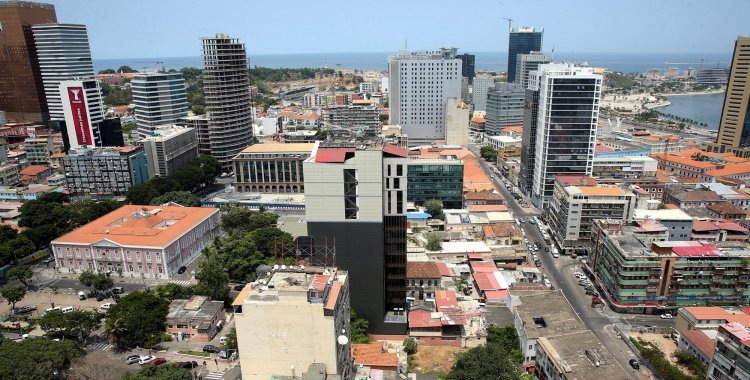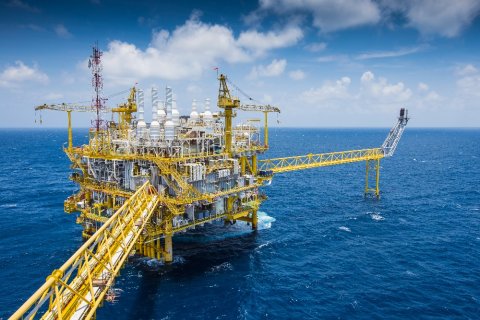"Oil exporters in sub-Saharan Africa should aim to maintain savings of 5 to 10 percent of GDP to manage the large fluctuations in oil prices", writes the IMF in an opinion article, in which it points out that "this means that they need to to maintain budget surpluses of up to 1 percent of GDP per year for up to 10 years".
In the opinion article signed by African department economists Hany Abdel-Latif, Henry Rawlings, Ivanova Reyes and Qianqian Zhang, it is recalled that oil prices on international markets have ranged from 23 dollars per barrel to over 120 dollars in recent years, "which results in high uncertainty about oil revenues in economies dependent on this raw material".
However, they warn, "most oil exporters in the region have not accumulated sufficient savings to protect themselves against the unpredictability of oil prices", which is aggravated by the fact that in sub-Saharan Africa sovereign wealth funds only have reserves worth 1.8 percent of GDP, which compares with the 72 percent held by these similar funds in the Middle East and North Africa, "which forces countries to contract debt or reduce financial assets when prices fall".
Thus, they conclude, the result is that due to these shortcomings "oil producing countries in the region grew 2 percentage points slower per year than other countries, with debt service costs being almost twice as high as other countries in Africa sub-Saharan".
In the article, economists from the African department also leave a warning regarding the energy transition to less polluting sources: "By 2030, oil revenues in the region could fall by 25 percent and by 2050 they could fall by half, so build 'financial pillows' now it would help exporters enter the energy transition and manage price fluctuations at the same time".







